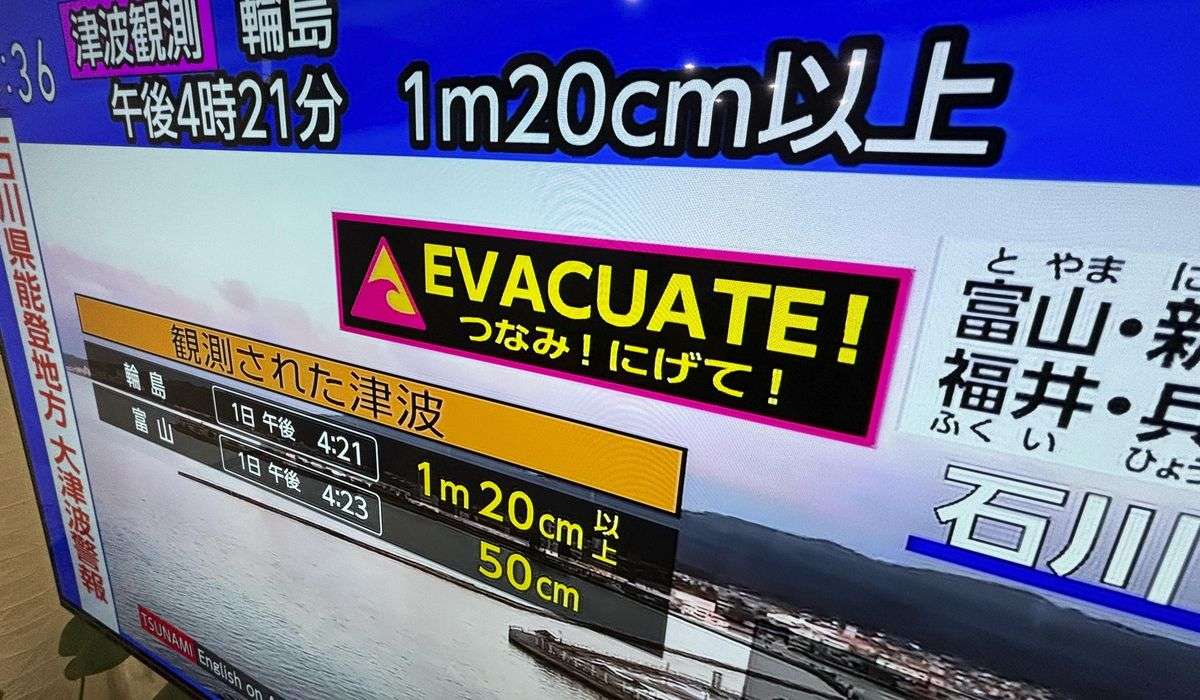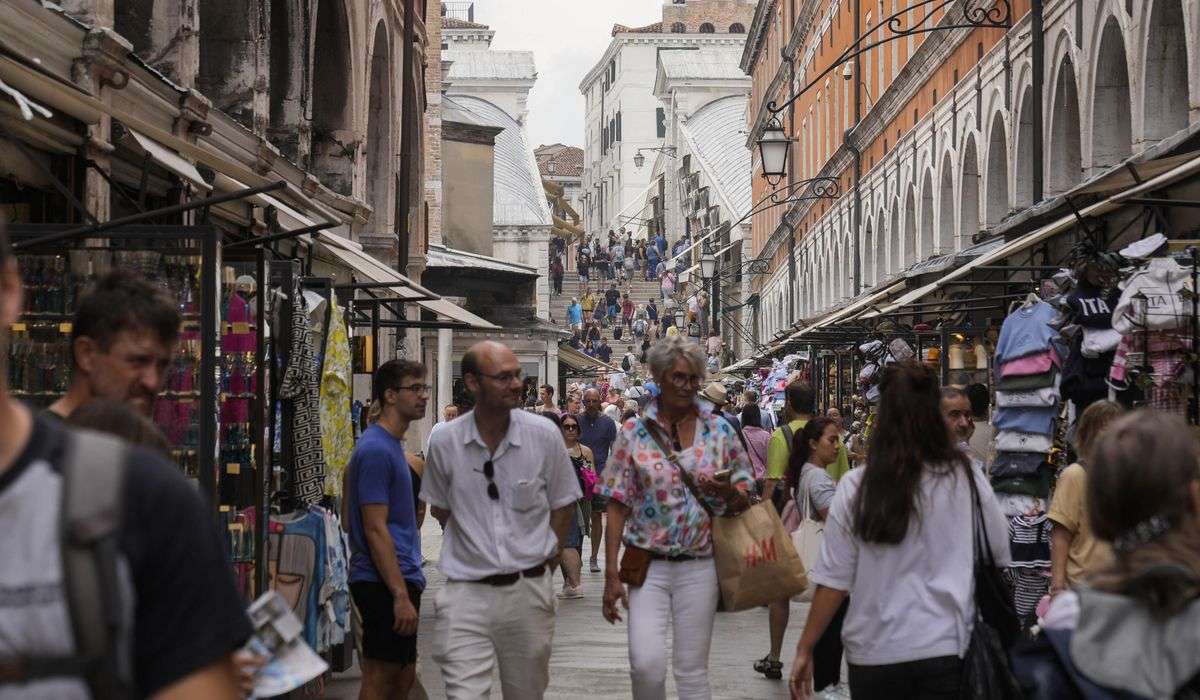How do you practice social distancing on a plane?

Finding adequate personal space on a flight — especially in economy class — hasn’t been easy since the late 1970s, when the government deregulated airlines. Over time, airlines moved the seats closer together to accommodate more passengers and make more money. Now, at a time when social distancing is necessary, personal space is a scarce but vital commodity. Some airlines have pledged to block middle seats, but how long will that last?
For Wilkov, there was only one way to handle the problem: move.
“I waited for the plane to board, and then I was able to move to a seat on the other side of the aisle because a passenger didn’t show up for the flight,” she recalls. “My seatmates were grateful, and so was I.”
Seat spreaders — passengers who take up more room than they’re allotted — were already among air travel’s top annoyances. And with the average seat width now at 17 inches or less on some planes, there’s a reasonably good chance you’ll end up next to someone who sprawls into your personal space.
“If you’re taking up space that isn’t yours,” says San Francisco-based etiquette expert Lisa Grotts, “you’re a seat spreader.”
No part of your body should touch your seatmate or extend into your seatmate’s space. “Be mindful of others’ personal bubbles when you’re traveling in close quarters,” Grotts says. If the space isn’t yours, you should withdraw. It’s the polite thing to do.
For pandemic-era travelers, there are few good options for passengers who want to maintain distance. Elena Brouwer, who runs the South Florida-based International Etiquette Centre, recommends avoiding full flights. If you can’t do that, try to avoid physical contact with other passengers. That’s particularly true for seatmates who remove their masks or sneeze.
“This is not the time to be friendly and engage in conversation with strangers,” she says.
Okay, so far, so good. Don’t spread outside your bubble. And if another passenger encroaches on yours, then move.
But what if you can’t move? The average American man has a 40-inch waist and weighs 198 pounds, according to the Centers for Disease Control and Prevention. And the average woman has a 39-inch waist and weighs a little more than 170 pounds. So, unless you’re sitting next to a child, there’s a pretty good chance of an encroachment.
I’ve mediated lots of cases involving passengers who felt crowded by their seatmates. People are usually angry at the encroaching passenger, but they should probably be more upset at the airline for shrinking the seats. In the short term, your options certainly are limited.
“If they are rude or keep doing it, I’ll call a flight attendant,” says Nadeen White, a pediatrician from Atlanta who also chronicles her adventures in a travel blog. “Thankfully, it rarely gets to this point.”
If the flight is full, you may have only one choice: stand. That’s what happened to Sam Cristol, a food broker from Lake Worth, Fla. He boarded a JetBlue flight from San Francisco to Fort Lauderdale and found himself sitting next to an oversize passenger who spread into half of his seat.
“I spoke to the attendant, but since it was a full flight, there wasn’t anything he could do,” Cristol recalls. “I had my right buttock hanging out in the aisle, getting hit by the cart and customers passing by as they went to the restroom.”
Cristol opted to stand instead. He later contacted JetBlue, which offered him a boilerplate apology and a $100 flight voucher.
Mateusz Maszczynski, an international flight attendant, is the guy who has to smooth things over.
“Obviously, it’s complicated,” says Maszczynski, who publishes a site for airline crew members. “After all, an airplane is a public place, and we all need to get along with one another. The general rule is for the window seat passenger to lean towards the window, the aisle seat passenger to lean towards the aisle, and the middle seat passenger to make use of both armrests in the middle.”
But should we be having this discussion at all? No. Now more than ever, planes ought to have ample room for all passengers, even those in economy class. If airlines restored some of the space they removed over the years, then maybe it would be easier to maintain distance on planes. And that could save your life.
Elliott is a consumer advocate, journalist and co-founder of the advocacy group Travelers United. Email him at chris@elliott.org.






